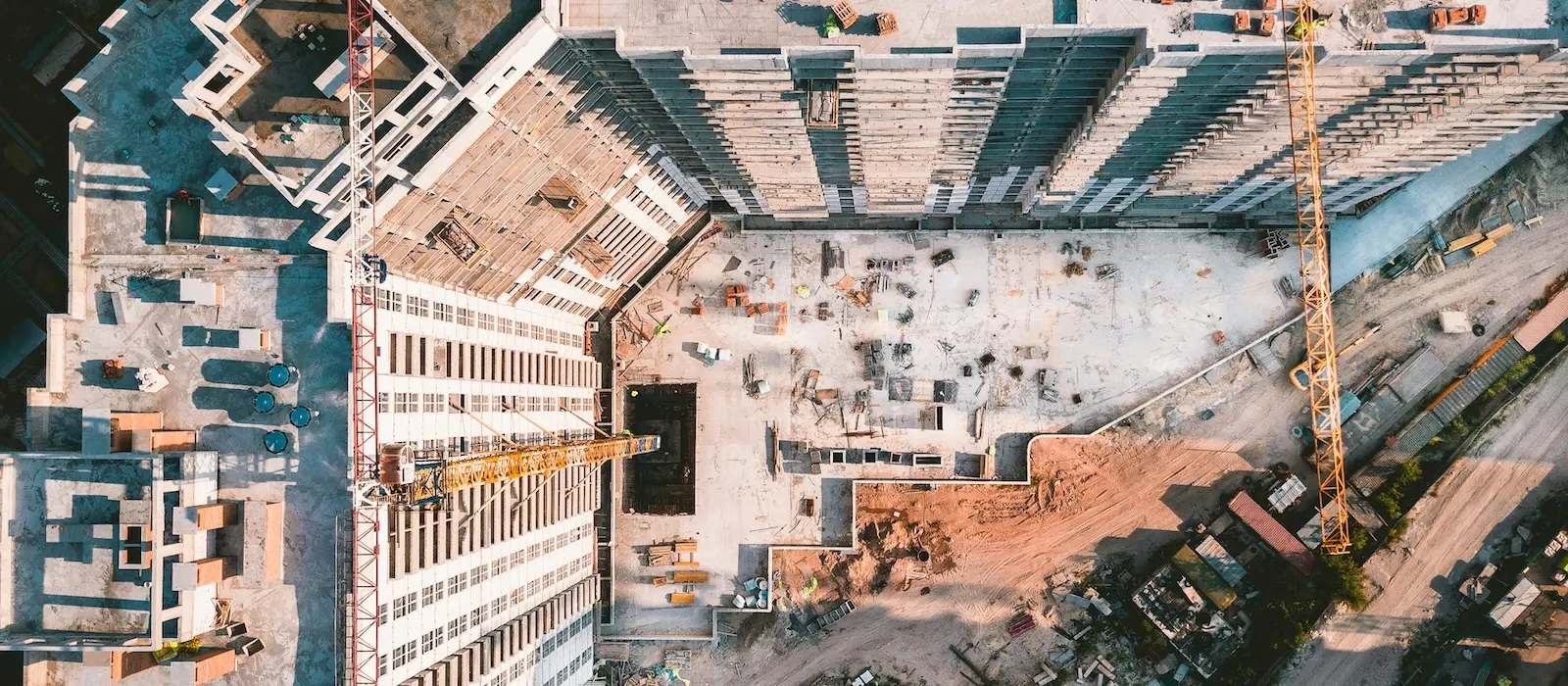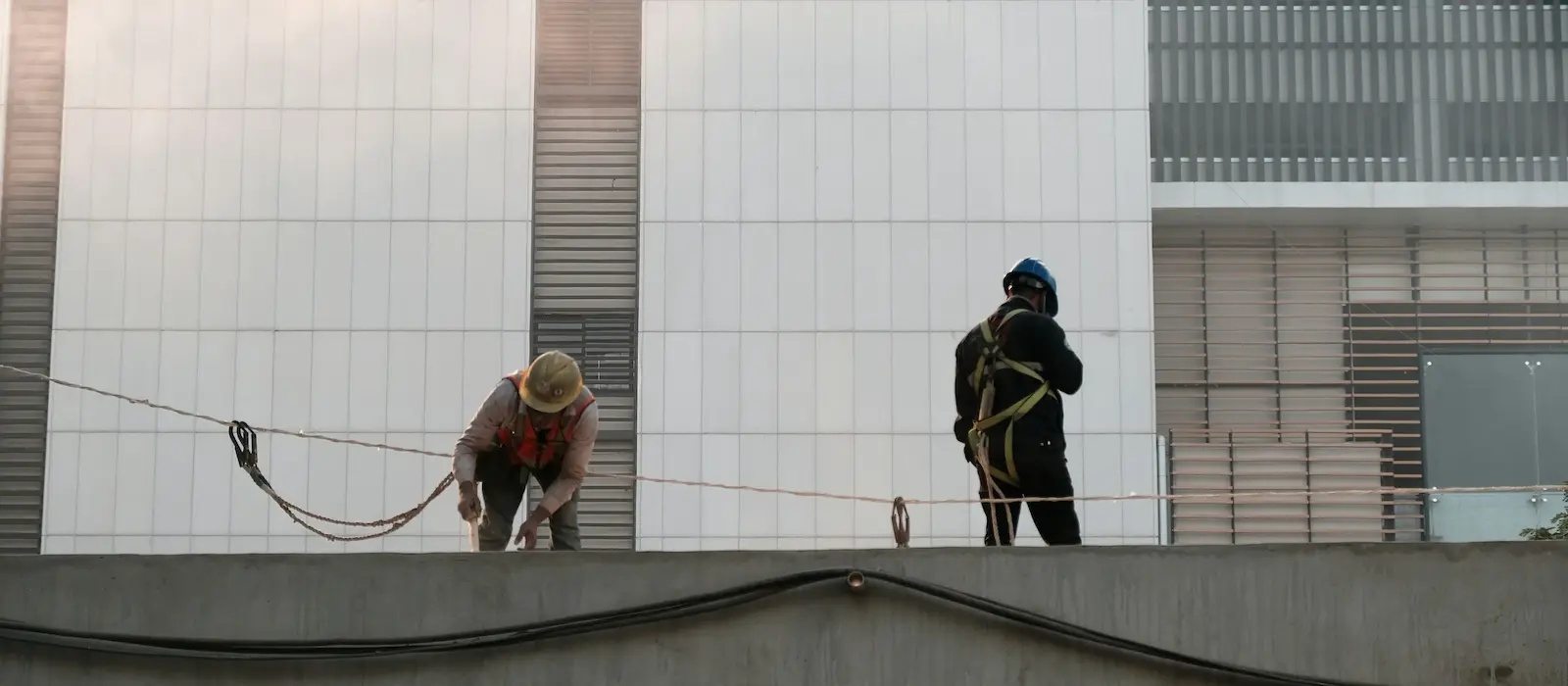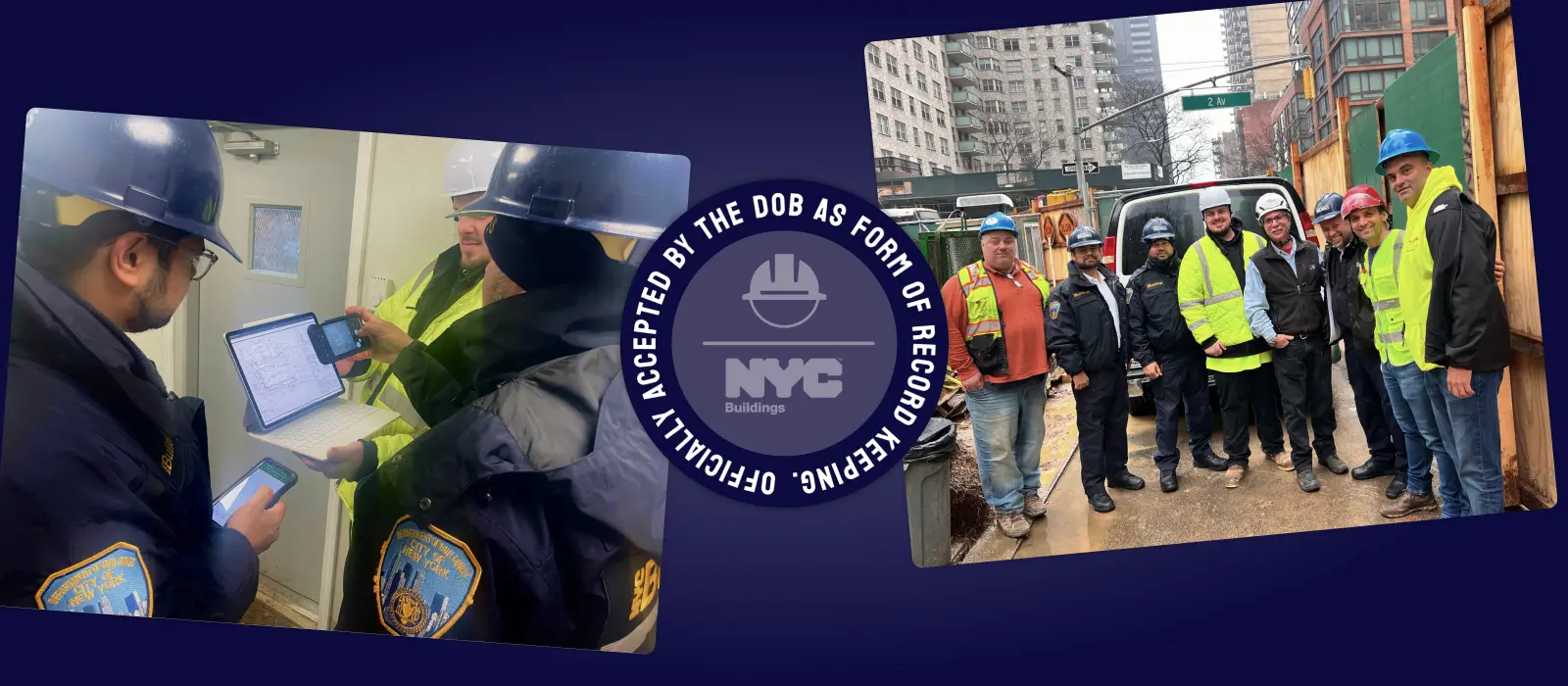Safety Best Practices
Stefano Braganti
Real-Time Workforce Visibility Ends Labor Drift & Rework
Labor drift, rework and schedule slips thrive when you can't see head-count live. Learn how smart turnstiles & dashboards give GCs real-time visibility.

Construction sites worldwide are a symphony of activity, with towering cranes and mobile cranes working tirelessly to lift and transport heavy materials. In this context, regular crane inspections emerge as non-negotiables. This raises several questions like 'Who should inspect a crane?' and 'When must crane inspections take place?' In this blog post, we'll delve into the answers and examine the vitality of conducting daily, weekly, and monthly crane inspections, enhancing overall safety on construction sites.
Tower cranes, mobile cranes, and overhead cranes are the lifeblood of construction projects. Given their pivotal roles, the question arises - who should inspect a crane? Qualified personnel, often in collaboration with the crane manufacturer or a certified inspector, should be conducting these assessments, ensuring they function optimally and safely.
Neglecting crane inspections, be it a standard crane inspection or an overhead crane inspection, can lead to severe consequences. One might ask, 'What are the two parts of a frequent crane inspection?' They typically involve examining the crane's structure and operation, including mechanical, electrical, and hydraulic systems.
When asking, "When must crane inspections take place?", it's essential to know that a three-tiered inspection approach comprising daily, weekly, and monthly inspections is recommended.
The daily or frequent crane inspection is the first line of defense. One might wonder, 'When should a frequent crane inspection occur?' Ideally, operators should thoroughly examine the crane and associated rigging equipment before commencing work each day.
Weekly inspections involve a more in-depth evaluation of the crane's components. These assessments pay special attention to wear-prone parts, hydraulic systems, and structural elements.
Lastly, the question 'How often does a periodic crane inspection occur?' brings us to monthly inspections. These comprehensive assessments examine the crane's intricate mechanisms, electrical systems, and safety features, often using non-destructive testing (NDT) to detect hidden defects or cracks.
Implementing a robust crane inspection checklist offers numerous benefits, but one may ask, 'Why are crane inspections essential?' The benefits include preventing accidents, extending the crane's lifespan, ensuring compliance with regulations, and enhancing project efficiency.
Crane safety on construction sites is paramount, and regular crane inspections are the cornerstone of accident prevention. By prioritizing crane inspections, construction companies not only protect their workforce and assets but also contribute to a culture of safety and responsibility in the construction industry. With SafetyClerk, you can easily maintain those checklists, and automatically enforce the maintenance to your workforce, ensuring all aspects of crane safety are managed effectively. Together, let's build a safer future for construction projects worldwide.

Senior Safety Coordinator devoted to creating secure environments and ensuring workplace well-being.
Safety Best Practices
Stefano Braganti
Labor drift, rework and schedule slips thrive when you can't see head-count live. Learn how smart turnstiles & dashboards give GCs real-time visibility.

Safety Best Practices
Stefano Braganti
Stop-Work Orders crush margins. Digital safety dashboards catch risks early, prevent claims, and protect your 3% fee.

Safety Best Practices
Stefano Braganti
NYC DOB formalizes digital record-keeping: what the bulletin says, why it matters, and how SafetyClerk helped make it happen.

together
SafetyClerk is the construction management platform that makes safety compliance, and risk management of your job site simple and visible in one click.
Stay on
the loop!
ConstructionClerk - 2026 - All rights reserved
ConstructionClerk - 2026 - All rights reserved